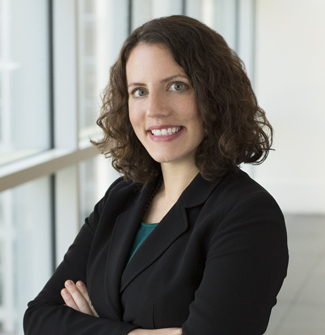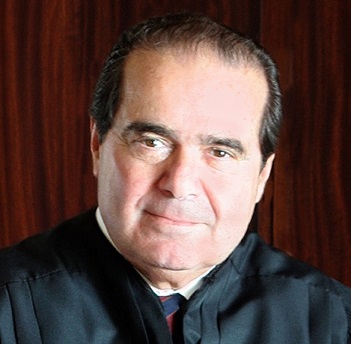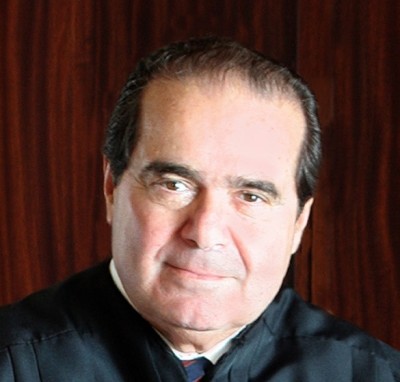Rideshare companies Lyft and Uber announced on May 9 that they were no longer offering their services in Austin, Texas, after voters there rejected a proposed ordinance that would have eliminated fingerprint-based background checks for drivers. In a Saturday election, 56 percent of Austin voters, despite what some have called confusing ballot language, rejected the proposed ordinance, known as “Proposition 1,” which was supported by the companies.
There’s No Longer an “App for That” in Austin: Lyft and Uber Pull Out Over Driver Fingerprinting Requirements










